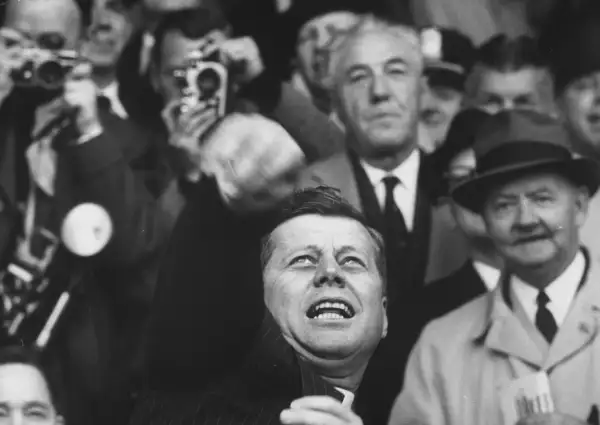Credit unions behaving more like banks

For many years credit unions have enjoyed a reputation as a friendlier alternative to big banks.
Look closer and you'll find things aren't so simple. "It's not all rainbows and butterflies at credit unions," says Jeffry Pilcher, publisher of The Financial Brand website.
Though credit union membership has risen dramatically in recent years, CUs, like their bank counterparts, still have to make up revenue from low interest rates, higher loan delinquencies, and a poor economic environment.
Recently 72% of CUs offered free checking, vs. 78% in 2010. Some are ratcheting up fees. And don't assume that these not-for-profit, member-owned co-ops are immune from failure; 105 of the country's 7,000 credit unions have gone under or been folded into stronger institutions since 2008.
Adds Pilcher: "They were looking at a narrow range of unsavory options -- basically, merge or die."
Granted, on the whole, credit unions beat out banks on many measures of customer friendliness (only 39% of banks offer free checking, for example), and they often have the best rates on loans and credit cards.
Still, if you're thinking about taking your banking business elsewhere, first read the following to give yourself a reality check:
Myth: I won't get hit with fees at a credit union.
Reality: A big bank may offer a deal that's just as good or better.
Yes, your credit union may trumpet free checking. "That doesn't mean there aren't a whole host of other fees," says Ron Shevlin, a financial analyst with Aite Group. Credit unions, like banks, ding customers for inactivity and overdrafts, among other things. Take a look at your own banking behavior and compare the services you're most likely to use.
While larger banks have gotten away from free checking, they often let customers buy or earn their way out of that fee by opening a credit card or maintaining a direct deposit to their account.
Related: Smart banking and saving basics
Heavy ATM users, meanwhile, may find credit unions more costly.
Some credit unions have leveled the playing field by joining forces with others to offer access through a network of credit union ATMs. The reality, however, is that less than half the nation's credit unions participate in the CO-OP network, according to the Credit Union National Association, and that network still won't rival the international reach offered by a big bank.
The result: You can get hit with hefty "foreign" ATM charges, which reached an all-time high in 2012 of $4.07 on average. Frequent ATM visitors are best off using an online bank, such as Schwab, that places no fees or limits on where you can withdraw funds, says Pilcher.
Myth: Credit unions offer better customer service than banks.
Reality: It depends on the services you want.
For basic banking: Credit unions do a fine job with the bread-and-butter services. Banks, however, are increasingly rolling out the red carpet to attract affluent customers.
"Competition for this segment is white hot," says Robert Hammer of bank card advisory firm R.K. Hammer. Bank of America, for example, lets you select among a bunch of merchants where you get cash-back rewards.
For credit cards: Those who regularly run a balance are more likely to find the lowest interest rates on a credit-union-sponsored card.
Related: Will you pay more to use your credit card?
Pay off your card in full every month? You'll likely reap far bigger cash and mileage rewards with a bank's card. In Bankrate.com's 2012 Credit Card Rewards Survey, only five of the 50 credit cards featured are offered by credit unions.
For personal service: Credit unions have a well-deserved rep as the better choice for those who enjoy dealing with a familiar face.
Prefer to connect via smartphone? Only 25% of CUs offer mobile banking technology, says Callahan & Associates. And those that do may not offer the latest innovations, such as the ability to deposit checks by phone, peer-to-peer payment solutions like Citibank's Popmoney service, and personal finance management tools. If you hate feeling stuck in the 20th century, a credit union's old-fashioned charm is going to feel, well, a bit old-fashioned.
Credit unions get less friendly
Deals have ebbed a bit at these meccas of great service.
Consumers have been flocking to credit unions
86.8 million members in 2007 vs. 93.8 members in 2012
But their fees have been rising too
The average insufficient funds fee climbed from $24.88 in 2010 to $26.65 in 2012.
And more are adding new fees
In 2010, 18% of credit unions had a monthly service fee. In 2012, 28% charged one.